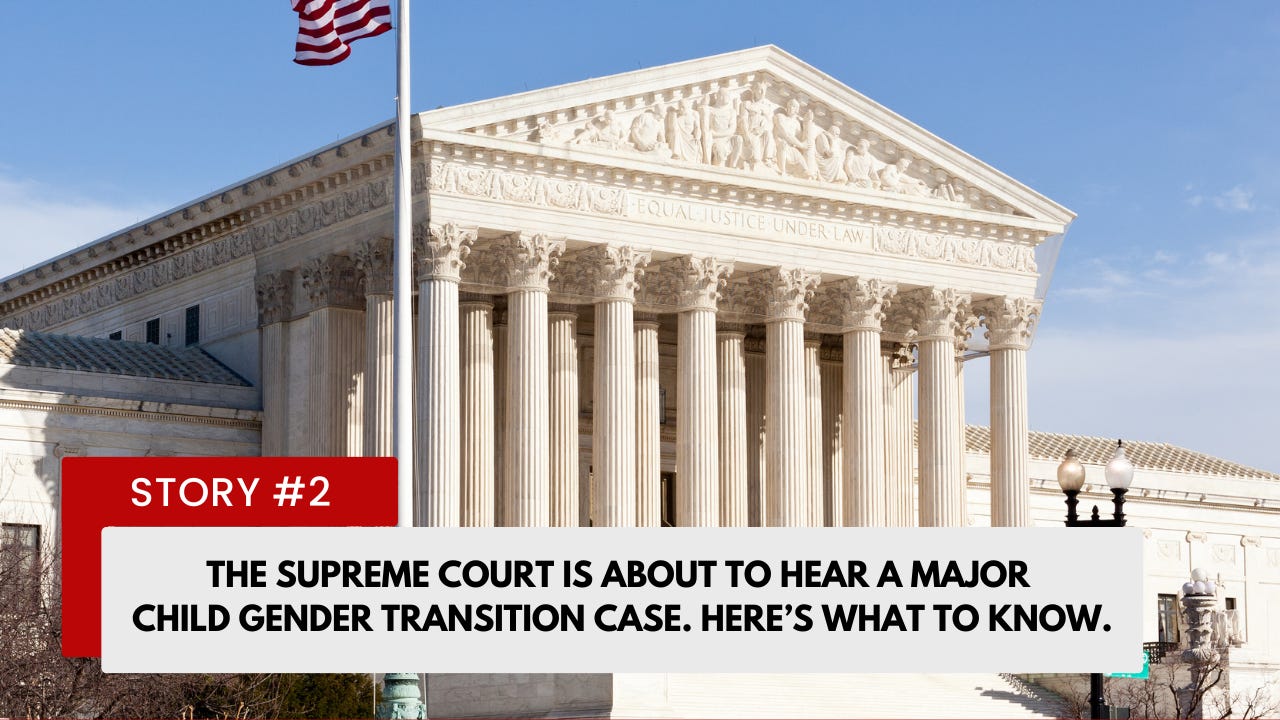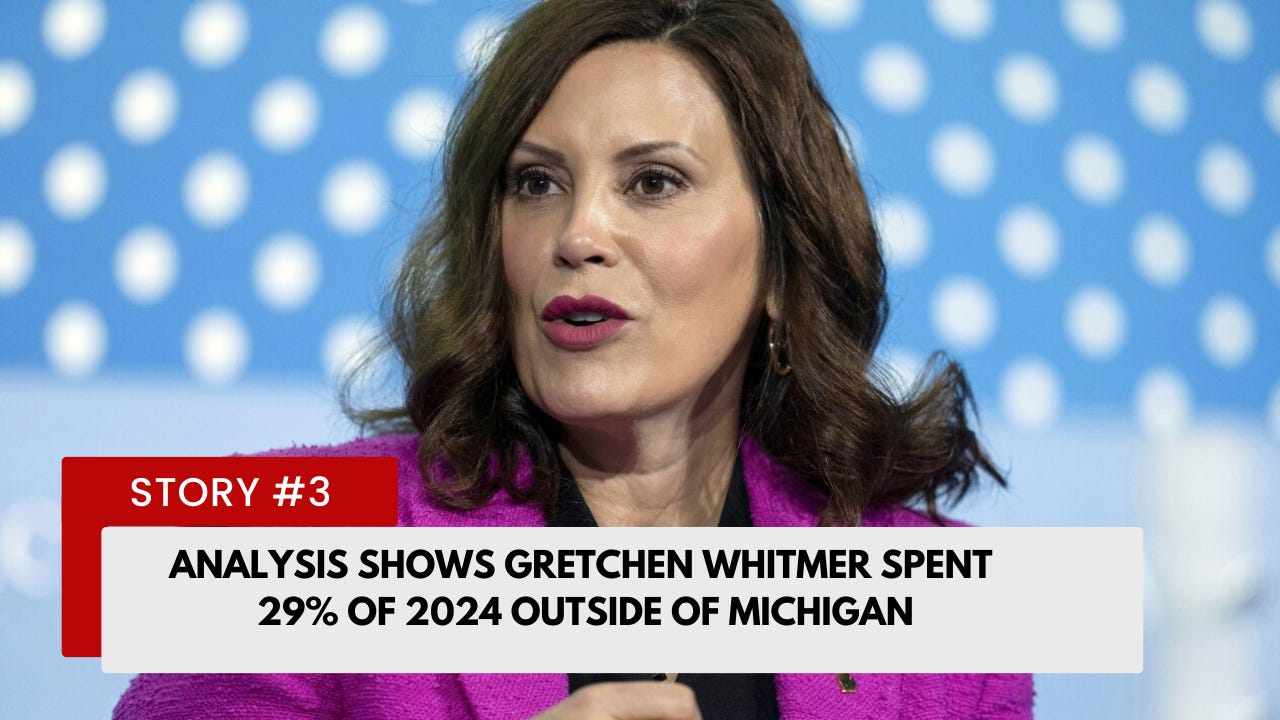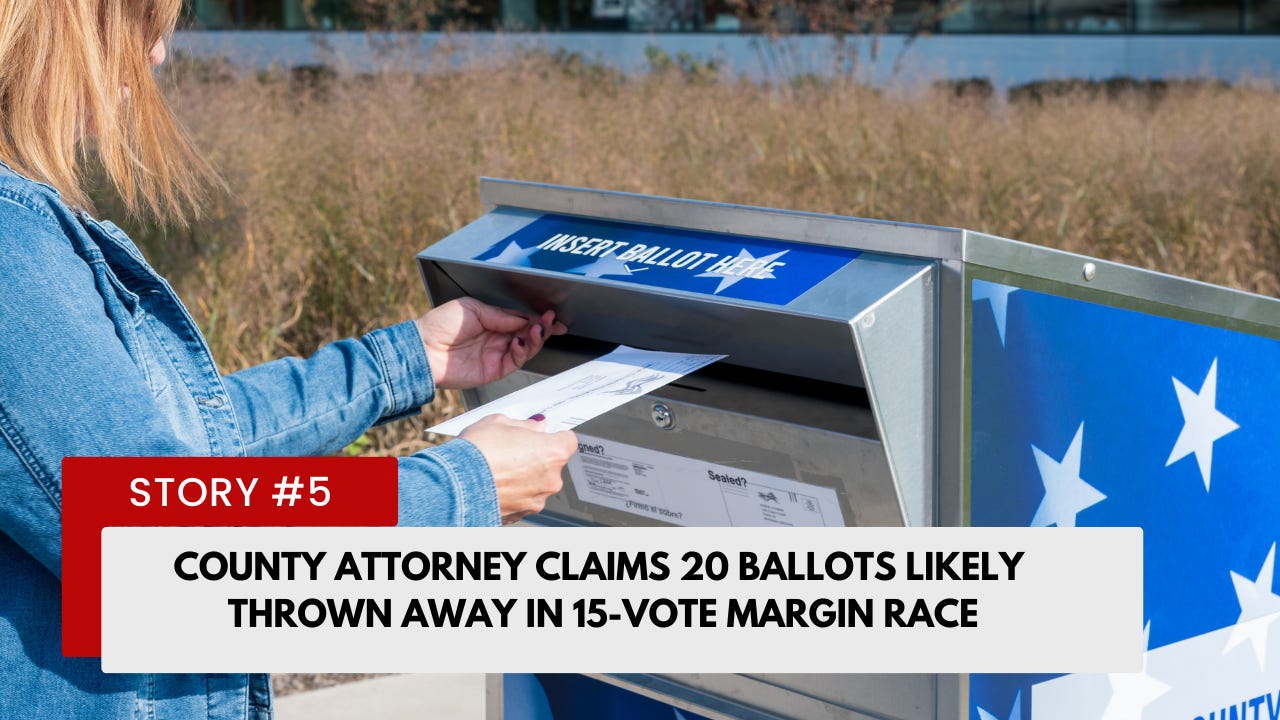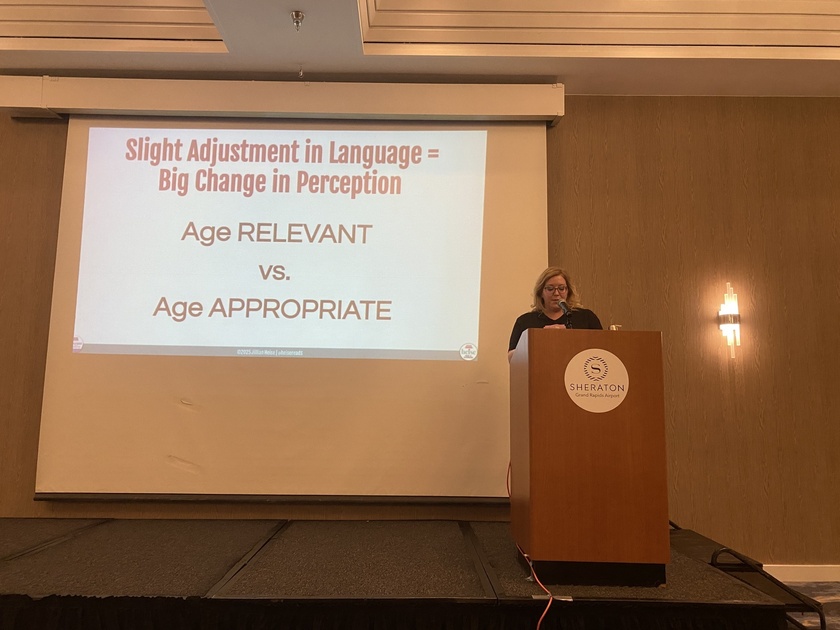Support my independent journalism by becoming a paid supporter. Lock in at $5 a month. January 1 the price goes up to $6 a month.


LANSING, Mich - House Speaker-elect Rep. Matt Hall, R-Richland, pitched a $2.8 billion plan Friday to fix the roads and bridges.
The lawmaker wants to act on Gov. Gretchen Whitmer’s 2018 campaign promise by shifting existing tax dollars and expiring corporate handouts to roads.
“Everyone says they want to fix the roads when the cameras are on, but nobody has taken any real steps to do it these past two years,” Hall said in a news release. “The people are sick and tired of inaction and empty words.”
Since 2023, Michigan lawmakers have approved $4.6 billion in corporate welfare to select companies, Michigan Capitol Confidential has reported.
Michigan’s 2025 budget is a record $83 billion but the roads here, especially county and local roads, are still falling apart.
Hall’s plan would allocate $1.2 billion of corporate income tax revenue to infrastructure, add $600 million in additional funding in 2026, and direct state gas revenue entirely to road funding.
The $600 million increase would come from three current earmarks: $500 million for the Strategic Outreach and Attraction Reserve Fund that pays for corporate incentives, $50 million for the Revitalization and Placemaking Fund, and $50 million for the Housing and Community Development Fund.
The SOAR and RAP earmarks are set to expire after the 2024-25 fiscal year.
Hall also wants to replace the 6% sales tax on motor fuel with a revenue-neutral increase in the motor fuel tax, which would exclusively fund infrastructure. This would yield about $945 million in additional resources, Hall said. Click here to read more.

The Supreme Court on December 4 will hear oral arguments in a case dealing with Tennessee’s law banning irreversible gender transition procedures for children — and it promises to be one of the most significant cases the court has looked at this term.
Tennessee Gov. Bill Lee (R.) signed the much-discussed Senate Bill 1 into law on March 22, 2023, which went into effect on July 1, 2023. The bill bans doctors or health care providers from performing so-called “gender-affirming” surgeries or hormonal procedures on minors, including surgery, puberty blockers, and hormones.
The bill followed a September 2022 investigation into Vanderbilt University Medical Center (VUMC) by the The Daily Wire’s Matt Walsh, who exposed VUMC’s gender transition procedures for children and shocking attitudes towards gender transitions in general. Walsh and The Daily Wire found that the hospital regarded transgender procedures as a “big money maker” and pressured employees to ignore their “religious beliefs” on transgender issues or face “consequences.”
The Biden administration joined the ACLU and several teenage plaintiffs suing to stop the law, and a Tennessee district court initially blocked it in April 2023. But in September 2023, a sixth circuit court upheld Tennessee’s protections for children. The Supreme Court took up the case in June 2024, combining the Justice Department and ACLU cases into United States v. Skrmetti, marking the first time that the High Court took up a case of this kind. Click here to read more.

LANSING, Mich - Through September, Gov. Gretchen Whitmer spent a quarter of her time in office on trips to other places, both national and international, prompting criticism she’s prioritizing her political ambitions over her constituents.
An analysis of bonus payments to Lt. Gov. Garlin Gilchrist II for serving as governor when Whitmer’s away suggests he could have been paid for 78 days, or 29% of the first nine months of 2024, though Whitmer spokesman Bobby Leddy claims it was 58 days, or 21%, The Detroit News reports.
“During election cycles, it’s a very common practice for governors of both parties to support their candidates on the road,” Leddy told the news site. “As co-chair of the [Vice President Kamala] Harris campaign, Gov. Whitmer was proud to play a prominent role on behalf of the president and vice president.” Click here to report more.

DEL RIO, TX - In the second and third quarters of fiscal 2024, U.S. Customs and Immigration Enforcement agents removed nearly 68,000 illegal border crossers, ICE says. ICE claims the number “reflects a 69% increase over removals during the third quarter in fiscal year 2023, and is more than 140% of ICE removals for all fiscal year 2023.”
According to the latest data published by ICE, 179,937 illegal foreign nationals, who under current federal law are inadmissible and required to be removed, weren’t detained but were living freely in the U.S. through ICE’s “Alternatives to Detention” (ATD) program, as of June 2024.
Newly published data in ICE’s Enforcement Removal Operations dashboard covers fiscal year 2021 through the third quarter of fiscal year 2024. It includes arrests, detention, removals and enrollments in ICE’s ATD, created by Department of Homeland Security Secretary Alejandro Mayorkas.
Congressional Republicans argue ATD is illegal and circumvents federal law, which requires inadmissible illegal foreign nationals to be detained and processed for removal. Click here to read more.

SCOTT COUNTY, Minn. — The preliminary investigation into what happened to 20 ballots unaccounted for in the closest state House race in Minnesota concluded that they were likely thrown away and won't be recovered, the Scott County attorney said Wednesday.
The update adds a new layer to a contest that Republicans have pledged to challenge in court. A recount of ballots last week showed DFL incumbent Rep. Brad Tabke maintained his lead over GOP challenger Aaron Paul, widening his victory by just one vote for a total of 15.
"We are asking for a new election" said Rep. Lisa Demuth
But looming over that recount was the question of a 21-ballot discrepancy that Scott County officials found in two precincts: Officials said they had records of 21 more people voting than ballots received.
"The preliminary investigation into the 21-ballot discrepancy hasn't been determinative thus far, and it appears likely to be the result of human error that occurred during the collection of early absentee ballots at the City of Shakopee," said Ron Hocevar, the Scott County attorney in a news release. "This unfortunate situation resulted in a level of confusion that should not have occurred." Click here to read more.
























